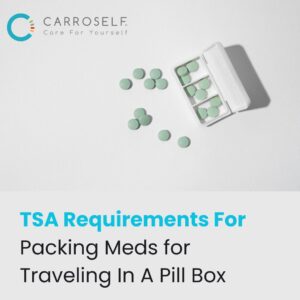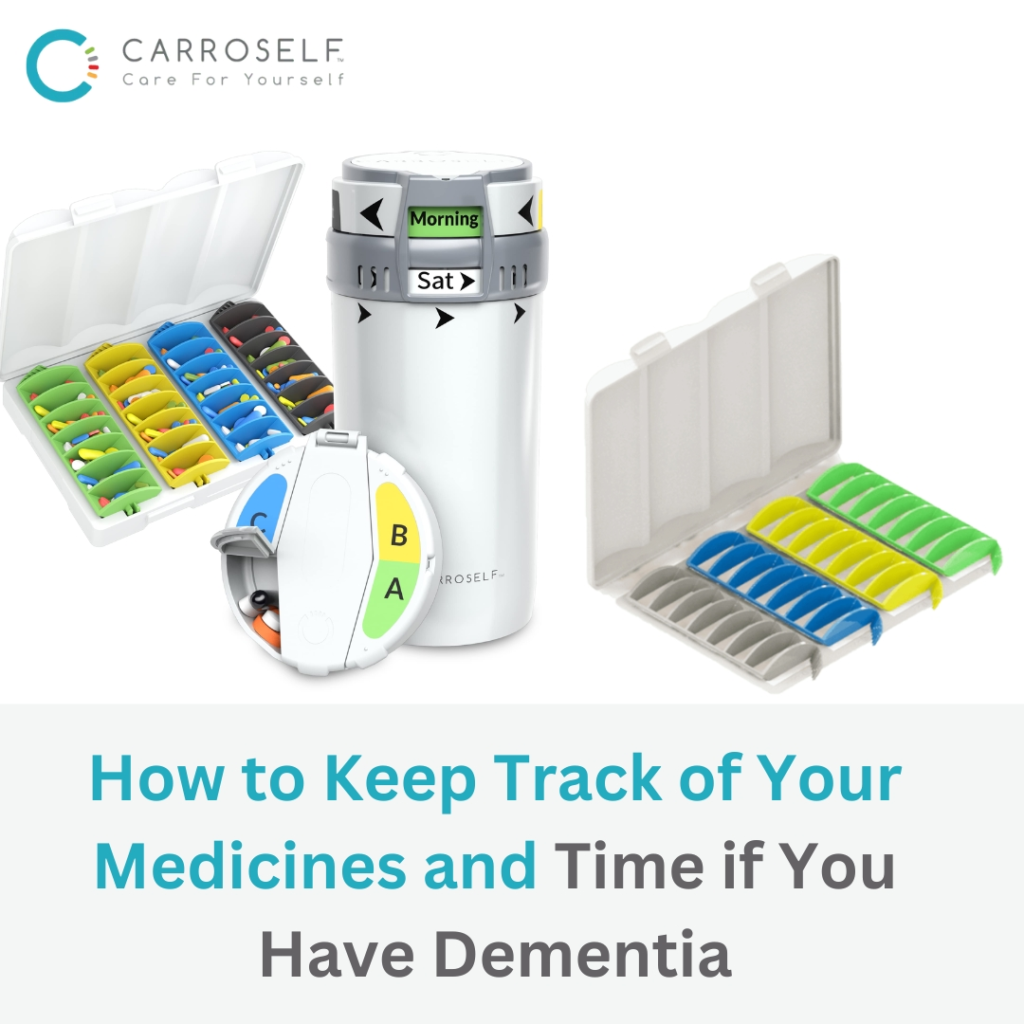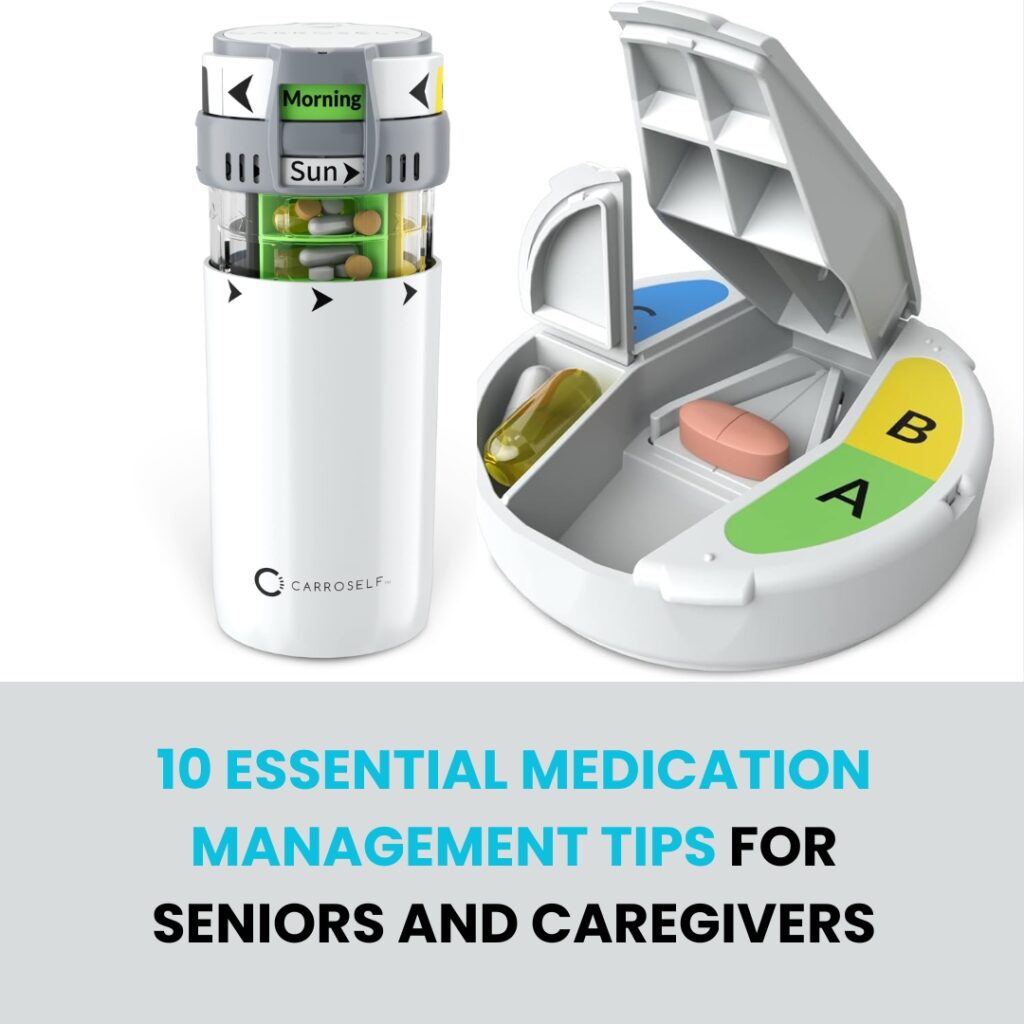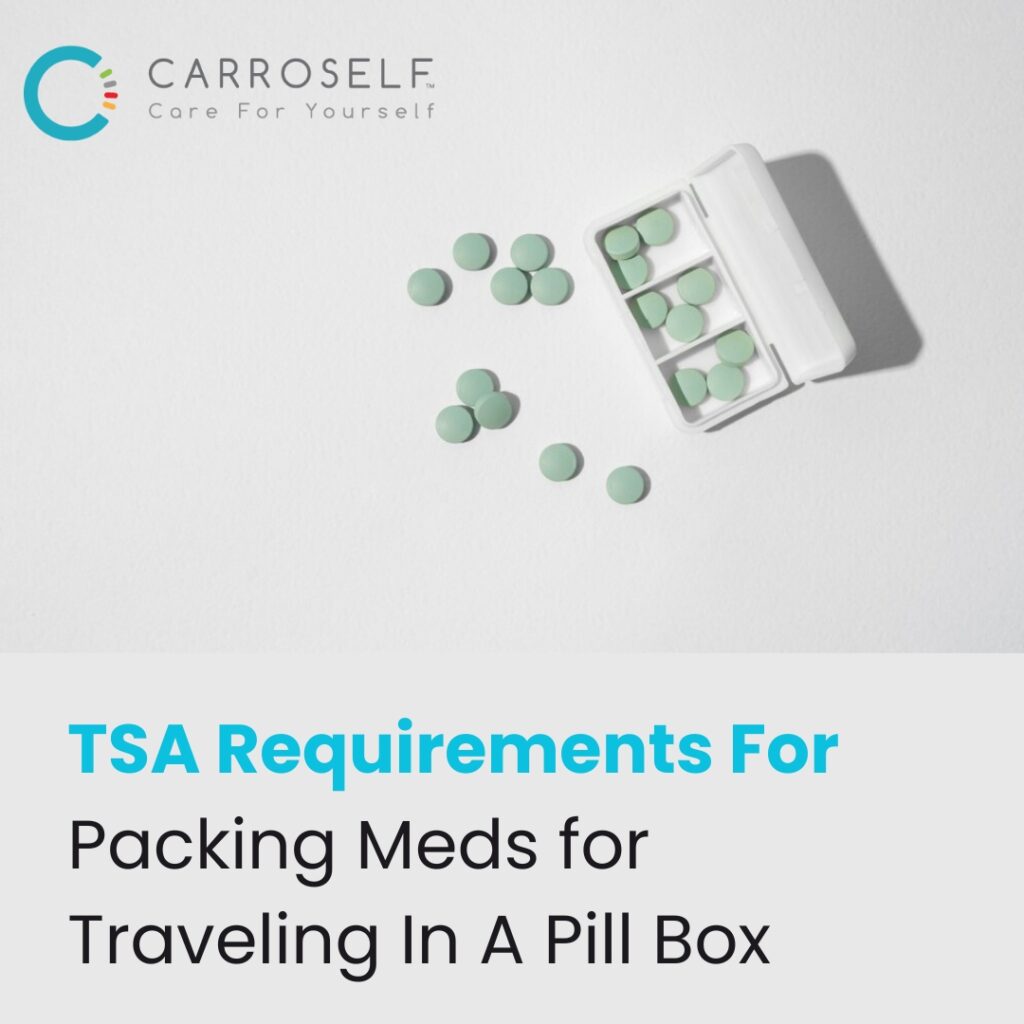
Do you know there is a death every 4 minutes in the United States due to stroke? It is the fifth most common cause of death and a leading cause of disability in the US. But there is some hope. Proper lifestyle changes and medications can prevent 80% of strokes. But medication nonadherence is a major problem nowadays. People have difficulty taking their pills on a regular basis, as prescribed by their doctors and this negatively affects one’s health. There are modern and effective solutions that will be discussed down below.
Having a mother, father, or another close relative who has had a stroke makes us more susceptible to stroke. Although you can’t turn back the clock or change your family history, you can control many other risk factors if you’re aware of them. You can take actions to mitigate the impact of a risk factor damaging your health and predisposing you to a higher risk of stroke. Here are a few proven strategies on how to prevent a stroke.
According to studies, the chance of getting a stroke increases by 12% for every five cigarettes smoked a day. Smoking has several effects on the production of clots. It thickens your blood and promotes plaque formation in your arteries. Along with a good diet and regular exercise, quitting smoking is one of the most effective lifestyles changes you can make to prevent a stroke. Quitting smoking is the lowest hanging fruit in reducing the risk of stroke.
People who are more active have a 25%-30 decreased risk of stroke than those who are less active. Physical activity has been demonstrated to lower cholesterol, aid in weight maintenance, and lower blood pressure, which can lessen the risk of stroke. In their recent stroke prevention guidelines, the American Stroke Association (ASA) mentioned that healthy adults need to do at least 40 minutes of moderate to vigorous aerobic activity three to four times a week.
A balanced diet can help decrease blood pressure, one of the leading causes of stroke. Blood pressure can be raised by being overweight or obese, overeating salt, or eating too little potassium. American Heart Association has suggested eating a diet rich in potassium-rich fruits and vegetables, whole grains, low-fat dairy products, and low saturated fat to prevent stroke.
More Articles
If your blood pressure is not under control, it can double or even quadruple your risk of stroke. High blood pressure is the most common cause of Ischemic and hemorrhagic strokes in both men and women. The most significant change people can make in their vascular health is monitoring their blood pressure and managing it if it is elevated.
Exercise, a low-sodium diet, and keeping a healthy weight can all assist in keeping blood pressure in the normal range. A variety of medications may help manage blood pressure and lower the risk of stroke.
Atrial fibrillation is a type of irregular heartbeat that leads to the formation of blood clots in the heart. These blood clots can move to the brain, block a vessel and cause a stroke. Stroke risk is nearly fivefold higher in people with atrial fibrillation.
If you’re experiencing heart palpitations or shortness of breath, schedule an appointment with your doctor.
To lower your stroke risk from atrial fibrillation, you may need to take an anticoagulant medicine (blood thinner) like warfarin or one of the newer direct-acting anticoagulant treatments. Your doctors will better guide you about this treatment.
High total cholesterol has been linked to a higher risk of stroke in numerous scientific investigations. Statins, cholesterol-lowering medicines, may be administered to help reduce your risk of clogged arteries and adopt good eating habits that emphasize fruits, vegetables, whole grains, and lean meats. Consult your doctor about whether statins are good for you with high cholesterol.
People at high risk of stroke may be advised to take anticoagulant medicines, such as warfarin, antiplatelet medicines, such as aspirin, and medications that help lower blood pressure and regulate cholesterol levels. You have to take the medications regularly without breaks, or they won’t work.
The problem is that most people forget to take their medication on time, which further deteriorates their health. But you do not need to worry as the Smart Pill Dispenser gives you the opportunity to organize your pills up to a month ahead of time and remind you when to take the pills. It allows an easy and on-time pill take by an easy and comfortable Dispenser use. The dual lock mechanism of the Dispenser prevents pills from falling out, and the Small daily box To Go enables you to take the pills when you are not home at an affordable price.
Still wondering how to prevent a stroke? Here is the summary. Make the necessary lifestyle changes mentioned above and take your medication on time with the help of the Smart Pill Dispenser. You can order it here.

Taking 4 Pills a Day? Here’s the Best Schedule to Follow

How to Keep Track of Your Medicines and Time if You Have Dementia

10 Essential Medication Management Tips for Seniors and Caregivers

TSA Requirements For Packing Meds for Traveling In A Pill Box

The Silent Epidemic of Medication Non-Adherence: A Growing Concern with Practical Solutions




Taking 4 Pills a Day? Here’s the Best Schedule to Follow

How to Keep Track of Your Medicines and Time if You Have Dementia

10 Essential Medication Management Tips for Seniors and Caregivers

TSA Requirements For Packing Meds for Traveling In A Pill Box

The Silent Epidemic of Medication Non-Adherence: A Growing Concern with Practical Solutions
© 2025 All Rights Reserved
Made with ❤️ by Digital Solutions | Managed By: LINGO